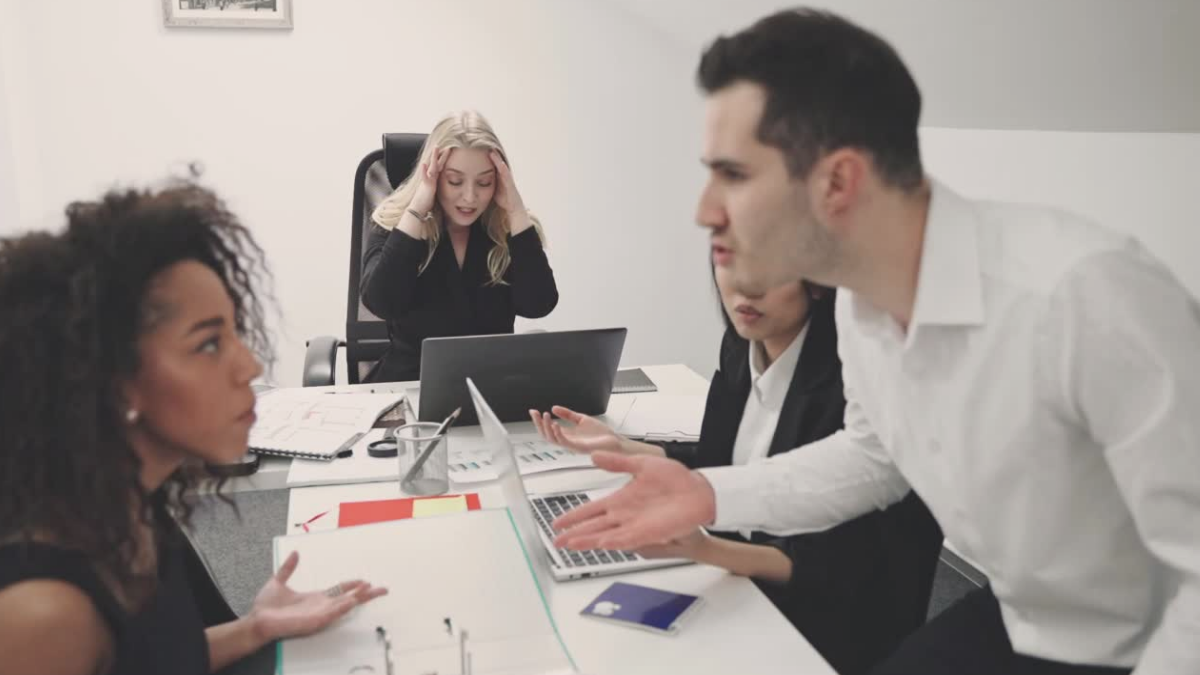Co-Founders Are a Monumental Waste of Time
For lifestyle entrepreneurs, going solo often makes sense; their goals are personal freedom, control, and a steady income, rather than rapid scale.
However, for tech founders building scalable startups, going solo is a risk. The market moves fast. The workload and learning curve outpace what one person can handle. Solo founders often miss the window of opportunity while trying to do everything themselves, coding, pitching, selling, fundraising, and managing operations.
In short:
Solo is sustainable for a lifestyle business.
Solo is unsustainable for a scalable startup.
Startups excel in speed, collaboration, and compounding expertise, which are essential qualities for a founding team.
We know that every founder starts with an idea, but no idea survives the market without the right team. At the center of that team is the co-founder. Not a partner in name, but a partner in purpose. The one who makes you sharper, steadier, and faster. So where do we start?
Choosing a co-founder is one of the most important decisions you’ll ever make as an entrepreneur. You can pivot your product or rewrite your business plan, but a bad co-founder match can tear apart a startup faster than a funding rejection.
So, what should you look for?
Complementary Skills, Not Carbon Copies
Great founding teams are puzzles that fit together, not mirrors that reflect the same piece.
If you’re the technical brain, you need someone who can sell the vision and translate your product into customer value.
If you’re the strategist or marketer, you need someone who can build, test, and scale the technology behind the curtain.
The magic lies in the intersection where your skills overlap just enough for collaboration but diverge enough to create breadth.
Complementary doesn’t just mean different disciplines. It also means different thinking styles. You might move fast and break things; your co-founder might be methodical and data-driven. Together, that tension can drive smarter decisions and better execution.
Aligned Values and Shared Vision
Skills build momentum; values build endurance and culture.
Startups test every fiber of a person’s integrity, how they handle failure, pressure, and power.
If you and your co-founder define success differently, cracks will appear long before Series A.
Before you formalize a partnership, have uncomfortable conversations:
- Why are we building this?
- How big do we want this to get?
- What are we not willing to compromise?
Alignment doesn’t mean total agreement. It means that when things get hard, you’re both still rowing in the same direction.
Cultural Alignment
Every decision you and your co-founder make becomes a cultural precedent. How you handle conflict, transparency, hiring, and mistakes will ultimately shape the company’s culture and values.
If one founder prizes transparency and the other prefers secrecy, you’ll build two cultures inside one company, and one of them will win.
Discuss the future before forming a team. What kind of company do you want to lead? How do you define success beyond profit? What culture do you wish to build?
Work Ethic and Commitment
Startups don’t need equal effort, but they do need equal ownership of the mission.
Roles differ, but intensity must match. You can’t have one founder grinding at 2 a.m. while the other checks out at 5.
Commitment symmetry, both emotional and practical, is the only way to sustain pace over the years.
Look for someone who treats the venture as a calling, not a gig.
Bias Toward Action
Startups reward speed, not perfection.
A great co-founder isn’t someone who debates endlessly; it’s someone who experiments relentlessly.
Look for a partner who learns, tests, and ships faster than the competition. Someone who believes momentum creates clarity, not the other way around.
The early days of a startup are about movement, not meetings.
If your potential co-founder spends months over-analyzing before making a move, that’s a red flag. In tech, hesitation kills faster than failure.
Emotional Intelligence and Conflict Maturity
Conflict isn’t a bug in a startup; it’s a feature. You want disagreement; it sharpens ideas. However, that only works when both founders can debate intensely and recover quickly.
You’re looking for emotional maturity, someone who can challenge you without attacking you, who can absorb stress without deflecting blame.
Startups are built on high-stakes feedback loops. A co-founder who can’t handle friction will either disappear or explode under pressure.
The question isn’t “Will we fight?” it’s “How do we fight and recover?”
Resilience and Grit
There will be moments when nothing works, when investors go silent, the product breaks, imposter syndrome creeps in, and the dream feels like a mirage.
Resilience isn’t optimism; it’s endurance. The ability to keep moving even when everything hurts.
You don’t want a co-founder who just rides the highs. You want one who stays when things collapse, someone who can take a punch from reality and come back with a new plan, rather than excuses.
Before you commit, go through something difficult together: a failed pitch, a technical crisis, a week of crunch. Are they sticking to the team plan, or are they playing Superman, trying to save the company their way? That’s when you’ll see how they are wired.
Communication Chemistry
Startups live or die on communication speed.
You’ll be making hundreds of micro-decisions daily, and you need a co-founder who communicates directly, frequently, and with context.
Can you brainstorm without ego? Argue without resentment? Admit when you’re wrong without defensiveness?
Good communication isn’t constant agreement; it’s continuous clarity.
If you can’t talk openly about money, equity, or burnout before you’ve even launched, those issues will explode later. Others will divide and conquer.
Shared Risk Appetite
One of the most common co-founder rifts isn’t about money or control; it’s about risk.
Some founders dream of blitz scaling and raising VC money. Others seek sustainable growth without compromising equity.
Neither is wrong, but they’re incompatible.
Before you build the product, align on the growth path. Will you bootstrap? Seek investors? Go global or stay local? If one of you wants to build a unicorn while the other wants a stable small business, the partnership will fracture as soon as the first investor call comes in.
Trust and Integrity
Trust is the oxygen of a startup. Without it, everything suffocates.
Ask yourself three questions:
- Would I trust this person with company funds?
- Would I trust them to run the company if I had to step away for six months?
- Would I still want to work with them if everything failed?
If the answer isn’t yes to all three, don’t proceed.
You can rebuild a product, but you can’t rebuild broken trust.
Test Before You Tie
Don’t rush to co-found.
Build something together first, such as a prototype, a campaign, or even a weekend hackathon. Watch how they handle feedback, deadlines, and ambiguity.
It’s easy to like someone over coffee; it’s harder when the server crashes at midnight.
Founding together is like marriage under stress. You need chemistry that survives chaos.
A short trial project will tell you more than a hundred conversations ever could.
The Bottom Line
The right co-founder doesn’t just fill a skill gap; they multiply your potential.
They bring perspective when you lose focus, grit when you lose hope, and challenge when you lose discipline.
A bad co-founder makes hard things harder. A great one makes the impossible merely difficult.
The real test is simple:
When everything goes wrong, and it will, do you want to be in the same room with this person figuring it out?
If the answer is yes, you’ve found your other half not just in business, but in belief.
Because startups aren’t built by lone geniuses; they’re built by two or more people crazy enough to keep believing, together.








